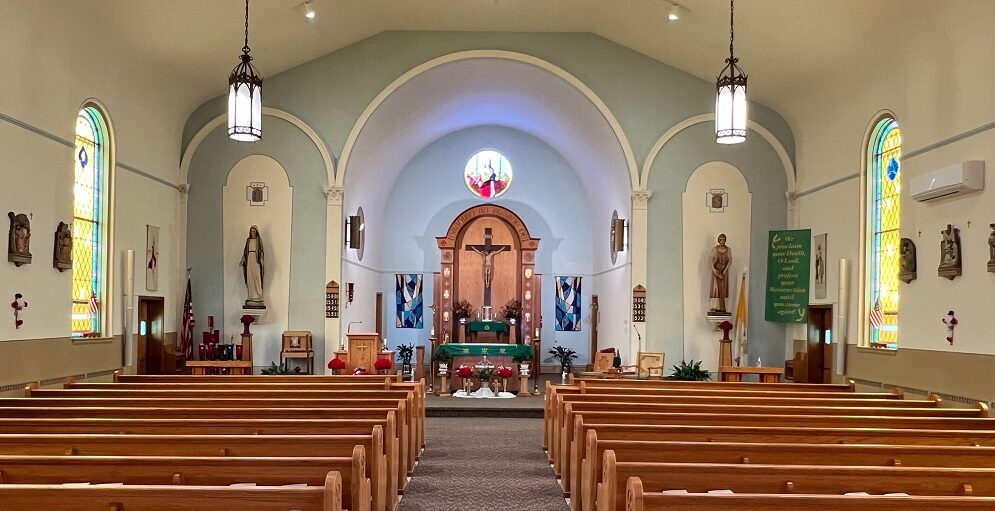Jesus Christ is the Son of God and the second person of the Holy Trinity. He is both fully human and fully divine, and is revered as the Savior of the world and the source of salvation for all humanity. According to our Creed, Jesus Christ is True God and True Man. He is a person in the Holy Trinity and cannot be fully understood outside of relationship with the Father and the Holy Spirit. While a fully human person born on the earth, Jesus Christ is truly God. We are all sons and daughters of God, but Jesus Christ is God the Son. And while Jesus is his name, Christ is a title. It means he is the Messiah, or the Anointed One.
The only Son of God became a son of man to make many men sons of God. ― Saint Augustine of Hippo
Why did God become man? (2:23)
Besides the belief that God became man in the person of Jesus Christ, the single most important truth professed by Christians is that the Son of God suffered torture and execution, died on a cross, and rose from the dead three days later.
What Christians call the Paschal Mystery stands at the center of the Christian proclamation of faith. The Paschal Mystery encompasses the essential belief of Jesus’ disciples — that Christ conquered death and gained for us everlasting life in heaven. Jesus entered into the experience of human suffering and death in order to destroy the power of death over human life. He did not eliminate death, but made of it a path to eternal union with God.
The Catholic Church considers Jesus to be the source of divine revelation, and his teachings as recorded in the Gospels are considered the foundation of Catholic belief. We believe that Jesus founded the Church on earth and that he continues to guide and protect the Church through the guidance of the Holy Spirit.
Prayer to the Sacred Heart of Jesus
Sacred Heart of Jesus today I wish to live in You, in Your grace, in which I desire at all costs to persevere. Keep me from sin and strengthen my will by helping me to keep watch over my senses, my imagination, and my heart. Help me to correct my faults which are the source of sin. I beg You to do this, O Jesus, through Mary, Your Immaculate Mother. Amen.
